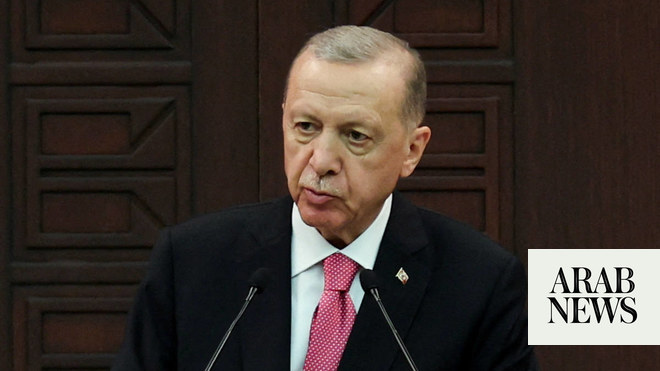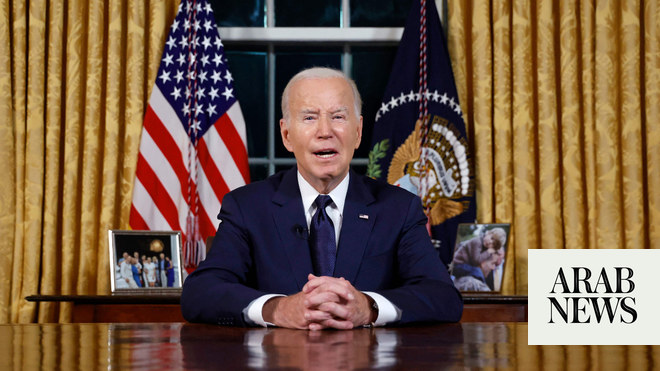
JEDDAH: The Responsible Leaders Summit at the UN in New York stressed the pivotal role of Saudi Arabia in maintaining global harmony and peace, as well as its global status as the spiritual leader of the Muslim world, the Saudi Press Agency reported on Sunday.
The Muslim World League (MWL) secretary-general, Dr. Mohammed bin Abdul Karim Al-Issa, delivered the opening and closing remarks at the summit along with Bawa Jain, secretary-general of the World Council of Religious Leaders.
Al-Issa focused on the vital role that responsible leadership plays in facing the many challenges of the modern world.
“It is important for leaders to inspire others and provide them with positive energy,” he said. “No matter what the differences in our culture or religion may be, we all agree on the key humanitarian norms that constitute the framework of our natural law. Even 10 percent of this common ground is enough to bring about global harmony and peace.”
He went on to list several attributes central to responsible leadership, including strength and integrity; a knowledge of history and a willingness to learn from it; being proactive and constantly monitoring performance; and recognition that the “most important pillar of (one’s) own nation’s peace” is “world peace.”
Al-Issa noted that education is one of the main drivers of a sustainable, peaceful future, stressing that “preparing teachers is the main point of focus.”
Al-Issa also addressed the responsibilities of religious leaders. “These include countering hate speech and all theories of religious or ethnic extremism that lead to violence or terrorism, while strengthening the intellectual immunity of all — especially young people — through their spiritual influence,” he said. “Extreme religious and terrorist ideologies are not established by military force, but by religious people who choose to adopt radical ideologies.
“We say there is no such thing as a ‘radical religion,’ but there is also no religion that does not have some extremist followers,” he continued.
Respect for other religions and their followers, he said, is vital for peaceful coexistence. The efforts of certain isolated religious and sectarian groups to impose their ideals on others, and reject the rights of others to exist, have led to exclusion, hatred and hostility, he added.
“Such negative ideas have created extremism of all kinds, including the (rise of the) extreme right in some countries,” Al-Issa noted, adding that each and every case of extremism — whether political, religious or intellectual — is a threat to world peace.
“Evil grows with time, through its effects on unconscious emotions. All stable people are aware that extremist rhetoric has a painful end. They also realize that its quick gains are deceptive. (It is) a seed of evil that will backfire,” he said.
“Evil only expands in the absence of good, injustice in the absence of justice, ignorance in the absence of knowledge, and negative opportunism at the expense of public interests in the absence of values with effective laws,” he concluded. “The fence of our human harmony can only be breached when it is unguarded.”












